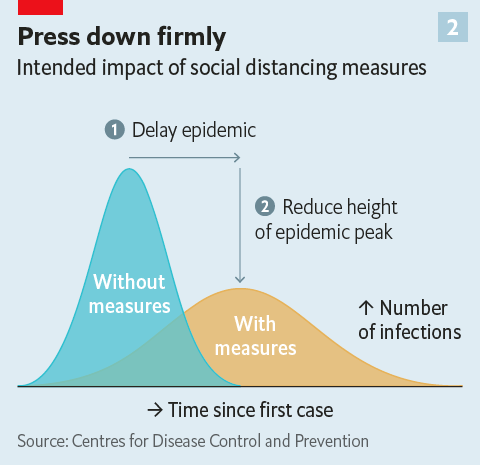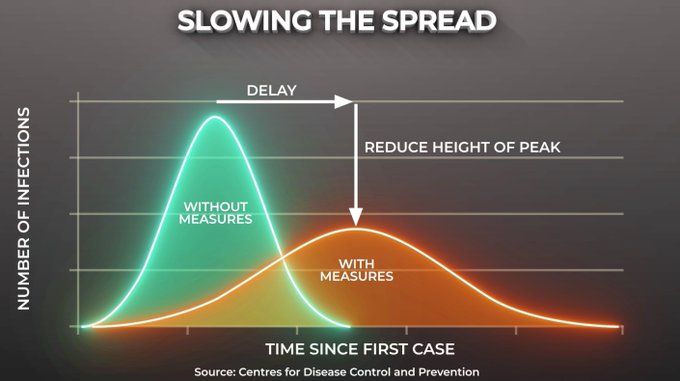s08e06: Back on the wagon
0.0 Context setting
So it turns out that one way of getting past writer’s block is just to aggressively mash the keyboard and make words come out and, well, just send them.
It was becoming increasingly hard to write as each day went past, reminding me of how long it had been since the last episode. The first week was because I was at IXDA in Milan, which was a phenomenal experience, and I’ve got a bunch of notes. The second week was because I was recovering from IXDA and actually have about 3,000 words of unfinished draft to send, but then got stuck on finishing that for reasons that I won’t get in to.
By the time the third week came in, I was too embarrassed about how long it had taken me to do any writing.
So here we are: here’s some words. YMMV. Trying not to panic.
1.0 Some of the things that caught my attention
The Consumer Reports (for the Brits, the equivalent of Which?) has a Digital Lab, which just launched a set of paid, non-resident fellowships to “study the effects of connected products and services”. The post also references The Digital Standard, “an ambitious, open, and collaborative effort to create a digital privacy and security standard to help guide the future design of consumer software, digital platforms and services, and Internet-connected products.”
This is interesting because Consumer Reports is one of the still-trusted but, I’d say, old guard of trusted, independent consumer information. It has net-native competitors now, like The Wirecutter, acquired by The New York Times.
I see Consumer Reports’ work as a reflection and a (late?) recognition that software has been eating the world. When The Verge reviews a phone like Apple’s iPhone 11, they’re now calling attention to the terms of service that apply, in a section called Agree to Continue. That’s been rolled out to all their reviews - you can see it in their Samsung Galaxy Z Flip review, too. This is alongside efforts like the Mozilla Foundation’s Privacy Not Included that I think came out just in time for the Christmas shopping season last year.
Nexstrain.org is an open source project doing realtime tracking of pathogen evolution (it’s coronavirus all the time now), here’s their epidemiology of HCoV-19, which I don’t really understand but looks fantastic in terms of “look at people doing science together” and then doubly interesting is that their builds (toolchain?) is live on Github (but the repo doesn’t include the nCoV genomes - take a look at the readme).
More coronavirus related, here’s two little bits of “why having digital capability in government is important”:
The first is this press release from the Singapore government, in particular the section “Responding to COVID-19 with Technology” that lists: two website launched in February, a formal government WhatsApp information channel, a public information chatbot, a business chatbot and a service for tracking leave of absences and stay-home notices over SMS and mobile web.
The second is this note from Pete Herlihy about how the GOV.UK Notify service/platform “helped an NHS team set up a 2-way text messaging service for extreme-risk people to monitor and report Coronavirus symptoms” inside a few hours.
Andreessen Horowitz published a post about the economics of AI businesses which is worth paying attention to because, well, they’re the VC company that’s all about software eating the world. Is AI going to eat the world? Not quite in the same way that software is, because: 1) training AI models is super time-intensive and expensive in terms of infrastructure; 2) it looks like AI is being used even more expansively than software, which means “the thorny problem of edge cases” is hard to scale of which, see a note further done; and 3) AI models can be easily commoditized (at least, have been so far).
The “scaling challenges” part is especially interesting because it involves the tacit acceptance that AI applications need to use humans, which… “software businesses” try to optimize away. I don’t think this is something peculiar to AI-based businesses. More that software businesses have broadly been able to get away with externalizing the costs of using humans for critical tasks like, say, support. (Right? Have you tried to get support for your G-Suite subscription?)
I was at a workshop on technology and policy over the weekend and just need to jot down some thoughts on policy proposals before I lose them — fingers crossed they make it into the report-out:
“People” [more specificity needed] talk about how technologists don’t care about accountability and reporting in areas that aren’t related to concepts like “growth marketing” or operations. One area that government doesn’t really address with accountability (at least, not consistently or in a way that demonstrates commitment) is the lack of reporting about whether policy objectives are being met. In the worst cases, reporting might be something like a yearly extract-transform-load CSV being sent to a civil servant who has to work out what it means, and then give it to a political appointee to spin. You might be lucky and have an independent audit office, but then you might be unlucky and the independent audit office produces a big PDF report on their website and you have to rely on the press to distill it and, inevitably, lose nuance and critical information in that distillation.
But accountability is boring! Reporting on policy outcomes is boring!
Sure, fine. Then I propose a DARPA-style prize challenge - an Accountability Innovation Challenge, or an Ansari X-Prize, or whatever.
My own contribution to this was something along the lines of test harnesses for programs that use algorithmic decision making. What would it look like if we borrowed the concept of continuous integration/continuous automated testing from the software world? Write (a few? As many as you want? Keep adding more?) tests that describe expected results for, say, benefit eligibility determination requests. With the news [I need to find the cite] that people currently qualifying for benefits are being denied benefits purely because of a software upgrade, it strikes me that this is something we should try to do. Benefits of going automated? The tests can run every. Single. Day. The results can be published online, with no intervention. What could we possibly be afraid of? Clearly there are lots of reasons, and my question is rhetorical and facetious. I know why people wouldn’t want to do this. But we can’t get better without knowing where we are. And if you want to talk about restoring trust in government, maybe radically acknowledging and understanding how short of the mark policy and political promises fall might do some help.
Two pieces from The Economist. I can’t remember if I’ve linked this before, but they have a fantastic piece on Medium, Mistakes, we’ve drawn a few, from last year that dissects how they could improve some of the data visualizations they’ve produced.
Second, and the reason why I was reminded of that article, is this fantastic thread about the power of data graphics and scientific communication:
The diagram clearly shows how “flattening the epidemic curve” is somethign we want to do… and here’s the original that the tweet author saw in The Economist:
And here’s the designer of The Economist’s graphic showing how it’s been replicated:
Anyway, in personal news, the Code for America Summit I’ve been co-chairing has been cancelled, like many others, out of an abundance of caution for attendees’ and their families’ health (we’re figuring out what we can do virtually).
SXSW got cancelled too, finally, and if you want a serious opinion, I reckon there’s a sizeable chance that the festival will end up doing some sort of partnership with Epic’s Fortnite as part of their what-should-we-do-now strategy. Some of you might think this idea is dumb, but my hunch is that if you’re reading this, you might understand why I think this idea isn’t dumb and has some potential. Quick clues: Fortnite’s a cultural phenomenon that has been purposefully pursuing partnerships with performers and entertainers and stands one of the best chances right now of evolving into the metaverse, whatever that might be, rather than Facebook’s top-down attempt. In other words, Epic knows exactly how much content is king.
Meanwhile, I have updated the List of Ideas I Won’t Do.
OK, so that’s it. In the firm belief that something that exists and is short is better than something that doesn’t exist, I’m going to hit publish.
I’ve been a bit of a stressed wreck, how’ve you been?
Best,
Dan





